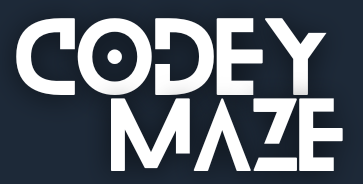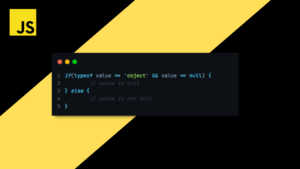AI coding assistants are everywhere right now. From GitHub Copilot to new open-source projects like GPT-Engineer and SmolAgent — everyone’s promising to “write code for you.” But when you actually try them, the experience can feel completely different.
So, what’s really going on behind the scenes? Let’s break it down.

GitHub Copilot – Your Pair Programmer
If you’ve used VS Code in the past year, you’ve probably met Copilot. It’s like having a supercharged autocomplete that actually understands your intent.
- Strength: Real-time code suggestions while you type.
- Best for: Everyday coding, repetitive tasks, writing boilerplate, and exploring APIs.
- Limitation: It doesn’t understand your entire project — it predicts code line by line.
Think of Copilot as your fast, helpful buddy who finishes your sentences — but doesn’t always know the full context of your project.
GPT-Engineer – The Project Builder
GPT-Engineer takes a totally different approach.
Instead of suggesting snippets, it tries to build an entire project based on your prompt. You tell it what you want — and it creates folders, files, and code in a structured way.
- Strength: Understands high-level instructions and creates multi-file codebases.
- Best for: Prototyping apps, experimenting with ideas, or generating boilerplate for new projects.
- Limitation: Needs clear instructions. The more specific you are, the better it performs.
It’s like hiring a freelancer — you explain your vision, and they come back with a rough draft. You’ll still need to review and refine, but it gets you moving fast.
SmolAgent – The AI That Thinks in Steps
SmolAgent is newer, but fascinating. It doesn’t just generate code — it tries to plan actions like an agent.
Instead of dumping a project all at once, it breaks the task into steps and executes them in sequence.
- Strength: Agent-style reasoning. It plans → executes → fixes → refines.
- Best for: Complex workflows, automation tasks, and when you want an AI that can iterate logically.
- Limitation: Still experimental; requires setup and technical understanding.
If Copilot is your coding buddy and GPT-Engineer is your freelancer, SmolAgent is more like your project manager — planning, delegating, and fixing things as it goes.
Our Take
If you’re an everyday developer:
- Use Copilot to speed up your daily workflow.
- Use GPT-Engineer when you want to create a new project quickly.
- Keep an eye on SmolAgent — it’s early, but it points toward the future of “AI that actually builds and fixes code itself.”
The real magic isn’t in picking one. It’s in combining them:
- Copilot for writing code.
- GPT-Engineer for project scaffolding.
- SmolAgent for automating dev tasks.
The future of coding isn’t about replacing developers — it’s about removing the boring parts so you can focus on logic, creativity, and design.



